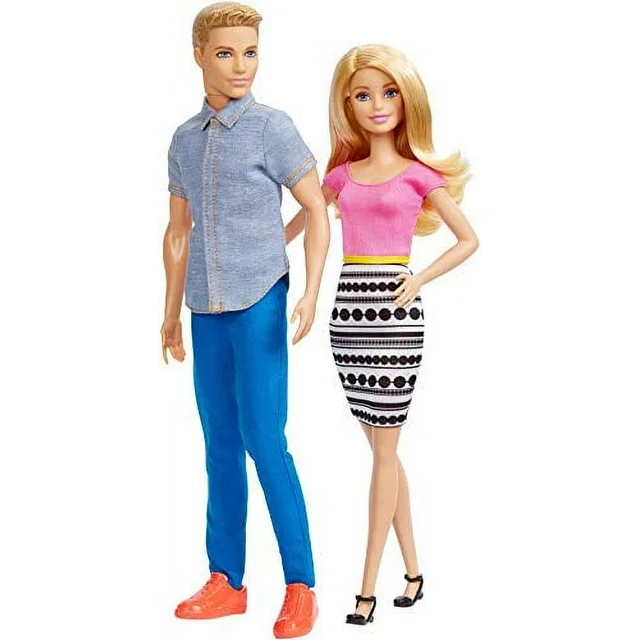Since 1973, genetic engineering has been defined as the “deliberate modification of the characteristics of an organism by manipulating its genetic material.”
About 50 years ago, biochemists figured out how to genetically change the genes of many organisms, such as bacteria and pigs. Genetic engineering can allow us to obtain desirable traits. For plants, genetic engineering can allow them to have resistance to a certain disease or from needing pesticides.
However, human genetic engineering has been widely debated. Designer babies, a term coined by the media, were first produced by Chinese scientist He Jiankui, and are an example of human genetic engineering that has allowed science to permanently change the genes of an embryo. This allows the embryo to attain traits that would not have been possible naturally. The genetics of the parents may be thrown away for the desired traits. While this innovation sounds like the perfect idea to make the world a better place, many factors need to be considered.
The thought of designer babies can automatically lead to many debates about the topic. For starters, one might argue that they could lead to fewer genetic mutations in babies and decreased chances of developing diseases. Nonetheless, one could argue that genetic engineering would lessen genetic diversity since society has a standard for how people should be.
There are also ethical questions about the concept of designer babies. While parents might want the best for their child like trying to prevent genetic disorders, others may be selfish and may characterize their baby to fit their subjective standards by changing their hair color or eye shape. If designer babies are to be produced more in the future, they may be treated differently based on how others view them.
As of 2024, genetically modified babies are banned in the United States. Even so, some scientists oppose the ban because it prevents them from figuring out if they can potentially advance with designer babies. However, according to the American Society for Microbiology, designer babies may not be available anytime soon.
It’s crucial to remember ethics when dealing with the genetics of a human being. For example, some parents may want to alter their child’s hair texture while some parents may want to get rid of a hereditary disease. These two examples of gene alteration are vastly different since they both serve different purposes. In the future, the ban on genetic modification may be lifted for humans since technology is advancing. One day, there may be a world filled with children who look nothing like their birth parents. The big question is would you want a society filled with designer babies?

 The Nordic Region: The Happiest Place on Earth?
The Nordic Region: The Happiest Place on Earth?